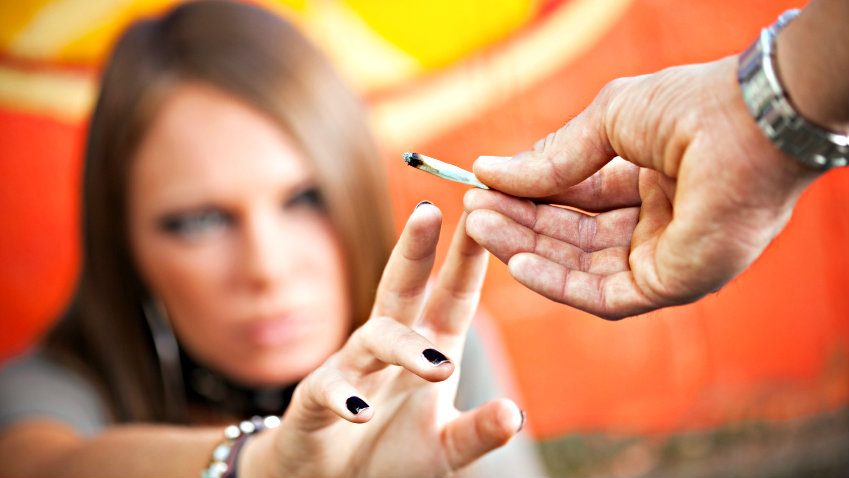
When they launched years ago, school-based health clinics were touted as a way to reach kids who weren't being seen regularly by a doctor. Now, some Denver public schools have set up substance abuse clinics to reach students with drug and alcohol problems that might otherwise go untreated.
Denver Health therapists are staffing clinics at Bruce Randolph School and North and South high schools. Denver Health says its been flooded with referrals to its youth treatment program.
Amanda Ingram, one of the therapists, spoke with Colorado Matters host Ryan Warner. Edited highlights from their conversation are below.
Do you find yourself daunted by this job sometimes?









